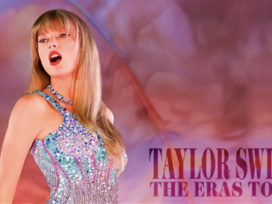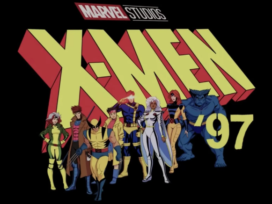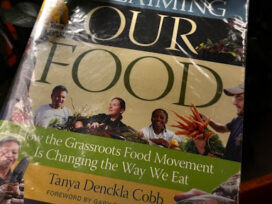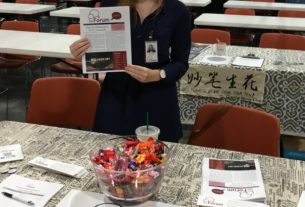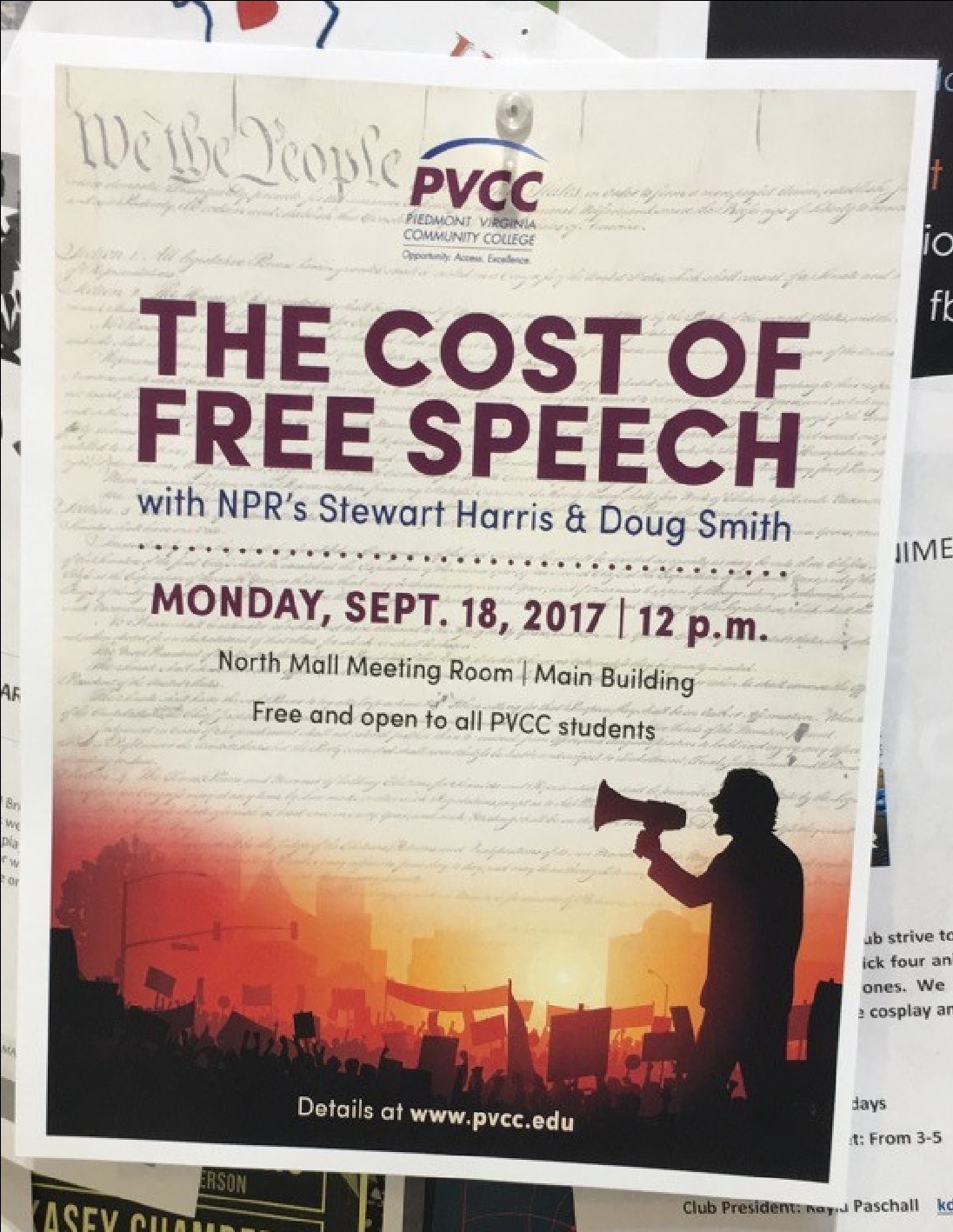
National Public Radio Visits PVCC
Anna G. Agee, staff writer
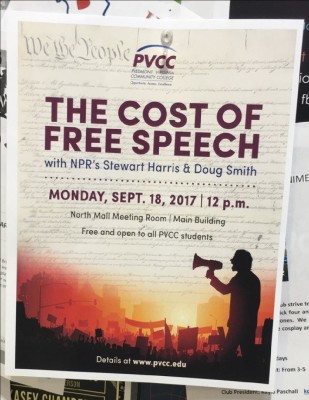
As students filed into the North Hall Meeting Room, at PVCC, Doug Smith, a co-host from National Public Radio and “Your Weekly Constitutional,” stood at the front of the room a few more remarks about our first amendment with a stack of miniature Constitutions. His co-host, Stewart Harris, was running behind. Connie Jorgensen, Assistant Professor of Political Science at PVCC and the organizer of the event,”The Cost of Free Speech,” opened up the talk with an introduction of Smith and a chirpy, “Happy Constitution Day!” The presentation by NPR was to recognize Constitution Day by shining light on United States citizens’ first amendment rights of free speech.
Smith started the presentation without Harris. Dressed neatly in his pleated khakis, a tie, and sportcoat, he started throwing out Constitution facts such as: The United States Constitution is the shortest of its kind in the world, containing only 4,400 words. He also stated that the Constitution had turned 230 years old on Sept. 17. He went on to describe how our Founding Fathers had “scrapped” the Articles of Confederation with the help of a local man, James Madison and his “Virginia Plan.” (Madison resided in Orange County at Montpelier.)
After describing how the Constitution had transpired and the reasoning behind it, Smith was joined by Harris. With a smirk on his face and dressed less formally than Smith, Harris started engaging in the presentation by talking about Supreme Court cases such as Tinker v. Des Moines (1969), Hazelwood School District v. Kuhlmeier (1985), Schenck v. United States (1919), and Texas v. Johnson (1989). Since the presentation was called “The Cost of Free Speech,” the cases had to do with free speech and what classifies as free speech. With his undergraduate degree from Princeton and being a professor of law, Harris knew what he was talking about and answered every student’s question precisely, whether about a case in general, a ruling, or the constitutionality of a case.
Throughout the presentation, Smith asked students trivia questions about certain cases and what classifies as free speech as spelled out in our Constitution. If the audience member answered the question right, they would receive a free pen and a miniature Constitution. They gave a t-shirt away as the last prize.
Harris and Smith ended the presentation with a few more remarks about our first amendment rights and how speech zones have become more popular. One audience member compared the speech zones to the famous quote, “If a tree falls in a forest and no one is around to hear it, does it make a sound?”
Harris and Smith went on to say that speech zones were legal because the Constitution says that the government can restrict our right of free speech; they just cannot take that right completely away. Harris tied up the presentation by leaving his audience with this statement to ponder: “The government tries to protect us against vice, but the Constitution protects us from the government.”

